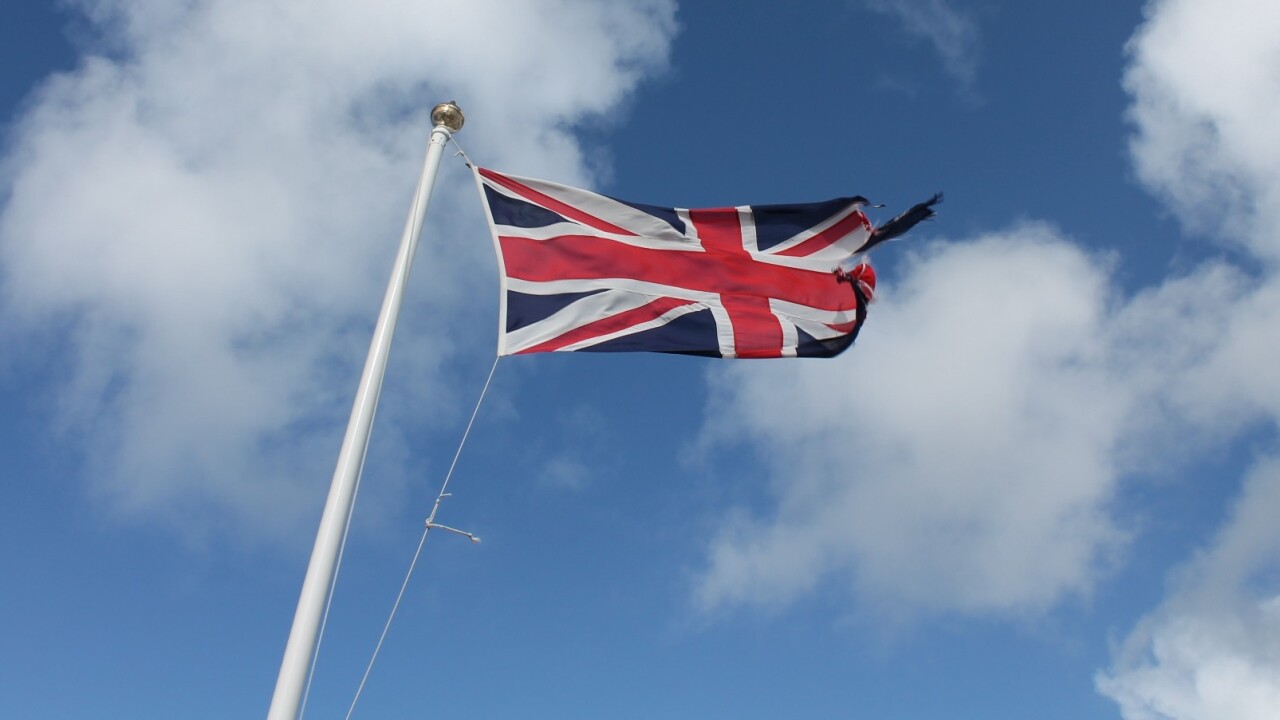
The British Phonographic Industry (BPI), the UK’s record industry’s trade association, has revealed some interesting nuggets and foresights around some of the country’s music-listening habits.
With the digital music revolution now in full swing, the BPI reports that 20% of the UK music-buying public have already “fully transitioned” to digital music, while almost 30% have bought downloads or streamed music legally in the last year using more than seventy legal digital music services.
All this probably doesn’t come as too much of a surprise though – at the turn of the year we reported that digital was a major driving force in music industry revenue in 2012, with single sales up 6% on the previous year – 97.2% of those digital downloads. And although album sales overall were down – due in large to the decline of CDs – digital album downloads rose 14.8% year-on-year.
These latest figures, however, focus on particular facets of audio-consumption habits, with in-car streaming, 4G, tablets and connected home networks garnering some attention, in terms of where things are likely to go from here.
Fast-forward…
The Digital Music Nation 2013 report predicts that by 2017, 50m vehicles with 4G or WiFi networked audio systems will ship each year, while almost 19m people will own tablets by 2016 and Internet-connected home sound systems from the likes of Sonos and Teufel will be shifting more than 3m units the same year.
We’re already seeing EE roll out 4G across the UK far and wide, and the other networks are raising hands at auctions to get their slice of the LTE pie too. With that in mind, the BPI claims that by year-end 2016, well over 40m people will have access to superfast Internet from their pocket rockets. That’s almost three quarters of the British population.
…Rewind
Backtracking to today, the BPI report highlights some more interesting statistical tidbits on the nation’s music-listening habits.
It points to Spotify data that shows Scotland’s capital Edinburgh is its number one UK city for streaming – per-capita, of course. This is followed by Cardiff, Southampton, London, Bristol, Leicester, Sheffield, Coventry, Nottingham and Brighton.
And that 97.2% digital download figure we reported in the new year? BPI reports that’s up to 99.6%. Elsewhere, music fans streamed more than 3.7 billion tracks in 2012, averaging around 140 for each home, and more than 114m albums and 938m single digital downloads have been sold in total to date.
Moreover, the music-streaming market now accounts for 15.2% of digital trade income, and is worth more than £49m to UK record labels.
Though the health of Britain’s digital music industry is looking not-too-shabby on the surface, the overall industry is still somewhat in disarray, what with HMV currently treading water.
“There has rightly been a lot of focus in the past few weeks on High Street music retail,” says Geoff Taylor, BPI Chief Executive. “That will continue – we must do all we can to serve music fans who love CDs and vinyl. But as well as great music stores, Britain is blessed with a world-beating array of digital music services, which fans rate very highly for ease of use and value for money.
“And this is just the beginning,” he continues. “Labels are striking innovative new deals with mobile networks, hardware manufacturers, app developers and start-ups. The music fan will be the clear winner, as digital services evolve to deliver even richer music experiences via super-fast broadband and 4G to tablets, smart TVs and the next generation of in-car audio.”
You can read the full Digital Music Nation 2013 report in full here.
Get the TNW newsletter
Get the most important tech news in your inbox each week.




